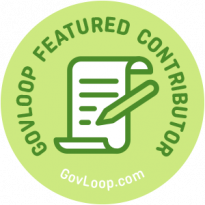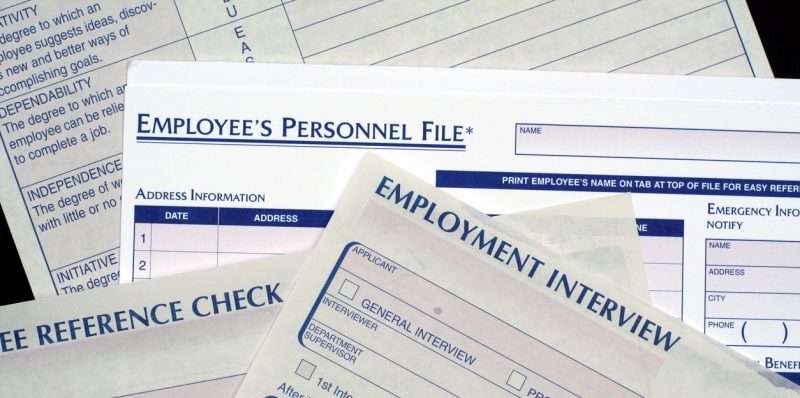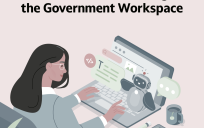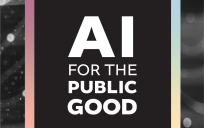Last week, I wrote about five ways federal agencies can use a low-code development platform to improve citizen experiences. At the top of the list was improving data quality. Government is efficient when things are done correctly. Fill out the right forms with accurate information and submit it to the right office, and you can expect resolution quickly. 
Where experiences suffer is when the quality of data doesn’t match documentation requirements. Incomplete and inaccurate paperwork typically gets flagged late in the process, an impediment to carefully crafted and static workflows. Requests with errors get rerouted into infinite loops. Wait times stretch from weeks to months or even years.
Data quality suffers for several reasons. Citizens are susceptible to mistakes. Making matters worse is that people typically only interact with the federal government a few times in their lives — often making it a strange and unfamiliar experience. Government workers often speak in their own bureaucratic language, forms are often written in legalese, and documentation is still processed manually with myriad opportunities for inaccurate or incomplete information.
Here are three ways federal agencies can use low-code automation to improve data quality:
- Create a powerful user experience: TurboTax is the gold standard for self-service data entry. Filing taxes can be a pretty complicated process, but the online workflows guide you through collecting and entering exactly what is being requested in clear, simple language. Federal agencies can use low-code development platforms powered by artificial intelligence (AI) to create TurboTax-like experiences that ensure the right information is being entered by citizens. Developers can integrate front-end design with natural language processing applications to ensure requests are presented in a way that the applicant understands and build connections to other government systems to pre-populate data that has already been entered. Getting the right information from the initial engagement is critical for ensuring a quality citizen experience.
- Check and resolve errors in real time: The submission process is another opportunity to check for data inconsistencies and errors. Does the zip code match the state of residence? Are there any obvious misspellings that could cause trouble down the line? Are all fields filled out with the expected structure and syntax? Agencies can use low-code development platforms to build these real-time safeguards cost-effectively and ensure they seamlessly integrate into data processing. Catching these errors at this stage gives citizens another chance to correct errors before their request gets entered into the system.
- Improve workflows: Agencies can also use low-code development platforms to integrate robotic process automation (RPA) capabilities in backend processes. These simple apps are able to analyze responses and identify data submissions that are more likely to lead to errors or delays. They can auto-populate data from one form to another and flag errors that weren’t caught earlier in the process. Low-code apps can also proactively flag submissions that need follow up — either manually by a person or automatically via email or phone — helping to resolve issues faster and more efficiently.
Improving data quality can dramatically enhance the citizen experience. Reducing errors throughout the process ensures that workflows remain on time and on target without requiring additional human interaction. It’s important to start by identifying the information each process needs and go backward from there, building powerful experiences across the front and back ends. Low-code development platforms can help build these experiences cost-efficiently without massive coding resources.
You may also be interested in “5 WAYS AGENCIES CAN ENHANCE THE CITIZEN EXPERIENCE WITH LOW-CODE” and “3 STEPS FOR BATTLE-READY DATA.”
Interested in becoming a Featured Contributor? Email topics you’re interested in covering for GovLoop to featuredcontributors@govloop.com. And to read more from our Winter 2021 Cohort, here is a full list of every Featured Contributor during this cohort.
Jason Adolf is a public sector expert for Appian, an enterprise low-code automation platform.





Leave a Reply
You must be logged in to post a comment.